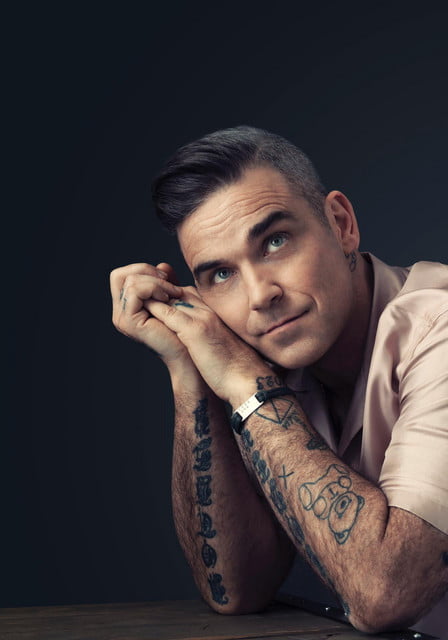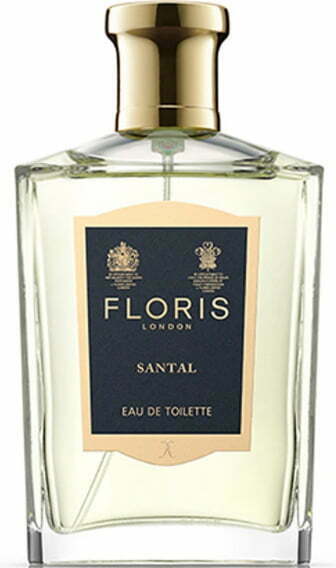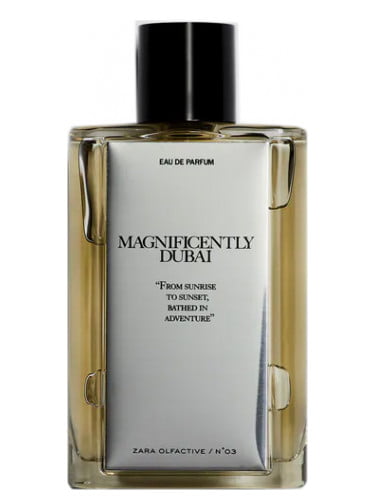ROBBIE WILLIAMS

Robert Peter Williams (born 13 February 1974) is an English singer and songwriter. He found fame as a member of the pop group Take That from 1990 to 1995, and launched a solo career in 1996. His debut studio album, Life thru a Lens, was released in 1997, and included his signature song, “Angels”. His second album, I’ve Been Expecting You, featured the songs “Millennium” and “She’s the One”, his first number one singles. His discography includes seven UK No. 1 singles, and all but one of his 14 studio albums have reached No. 1 in the UK. Six of his albums are among the top 100 biggest-selling albums in the UK, with two of them in the top 60, and he gained a Guinness World Record in 2006 for selling 1.6 million tickets in a single day during his Close Encounters Tour.
Williams has received a record 18 Brit Awards, winning Best British Male Artist four times, Outstanding Contribution to Music twice, an Icon Award for his lasting impact on British culture, eight German ECHO Awards, and three MTV European Music Awards. In 2004, he was inducted into the UK Music Hall of Fame after being voted the Greatest Artist of the 1990s. According to the British Phonographic Industry (BPI), he has been certified for 20.26 million albums and 8.6 million singles in the UK as a solo artist.
Five of his albums have also topped the Australian albums chart, and has sold 75 million records worldwide, making him one of the best-selling music artists of all time. He also topped the 2000–2010 UK airplay chart. His three concerts at Knebworth in 2003 drew over 375,000 people, the UK’s biggest music event to that point. In 2014, he was awarded the freedom of his hometown of Stoke-on-Trent and had a tourist trail created and streets named in his honour. Williams’ thirteenth album, XXV was released on 9 September 2022.
After 15 years, Williams rejoined Take That in 2010 to co-write and perform lead vocals on their album Progress, which became the second-fastest-selling album in UK chart history and the fastest-selling record of the century at the time. The subsequent stadium tour, which featured seven songs from Williams’ solo career, became the biggest-selling concert in UK history when it sold 1.34 million tickets in less than 24 hours. In 2011, Take That frontman Gary Barlow confirmed that Williams had left the band for a second time to focus on his solo career, although he stated that the departure was amicable and that Williams was welcome to rejoin Take That in the future. Williams has since performed with Take That on three separate television appearances, and collaborated with Barlow on a number of projects such as the West End musical The Band.
Robert Peter Williams was born on 13 February 1974 in Stoke-on-Trent, the son of Janet (née Farrell) and Peter Williams (also known as Pete Conway), who ran a pub called the Red Lion in Burslem before becoming the licensee at the Port Vale FC Social Club. His maternal grandfather was an Irishman from Kilkenny. He attended St Margaret Ward Catholic School in Tunstall and participated in several school plays, most notably in the role of the Artful Dodger in a production of Oliver!
In 1990, the sixteen-year-old Williams was the youngest member to join Take That. According to the documentary Take That: For the Record, his mother read an advertisement seeking members for a new boy band and suggested that he try out for the group. He met fellow member Mark Owen on the day of his audition/interview with Nigel Martin-Smith. Although the majority of the group’s material was written and performed by Gary Barlow, Williams performed lead vocals on their first Top Three hit “Could It Be Magic”, I Found Heaven”, and “Everything Changes”. Williams’ use of alcohol and cocaine brought him into conflict with Martin-Smith over the behaviour rules for Take That members.
In November 1994, Williams’s drug use had escalated; he nearly had a drug overdose the night before the group was scheduled to perform at the MTV Europe Music Awards. According to the documentary For the Record, he was unhappy with his musical ideas not being taken seriously by lead singer Barlow and Martin-Smith; his desire to explore hip hop and rap conflicted with Take That’s usual ballads. Barlow explained in interviews that Williams had given up trying to offer creative input.
Noting Williams’ increasingly belligerent behaviour and poor attendance at rehearsals, and worried that he might leave the group during their upcoming tour, Orange and Barlow took their concerns to Martin-Smith. During one of the last rehearsals before the tour commenced, the three confronted Williams about his attitude and stated they wanted to do the tour without him. He agreed to quit and left the group in July 1995; it would be the last time for twelve years that they were all together. Despite the departure of Williams, Take That completed their Nobody Else Tour as a four-piece. They later disbanded on 13 February 1996, Williams’s 22nd birthday.
Shortly afterwards, Williams was photographed by the press partying with the members of Oasis at Glastonbury Festival. Following his departure, he became the subject of talk shows and newspapers as he acknowledged his plans to become a solo singer, and he was spotted partying with George Michael in France. However, a clause in his Take That contract prohibited him from releasing any material until after the group was officially dissolved, and he was later sued by Martin-Smith and forced to pay $200,000 in commission. After various legal battles over his right to a solo career, Williams succeeded in getting released from his contract with BMG. On 27 June 1996, Williams signed with Chrysalis Records.













